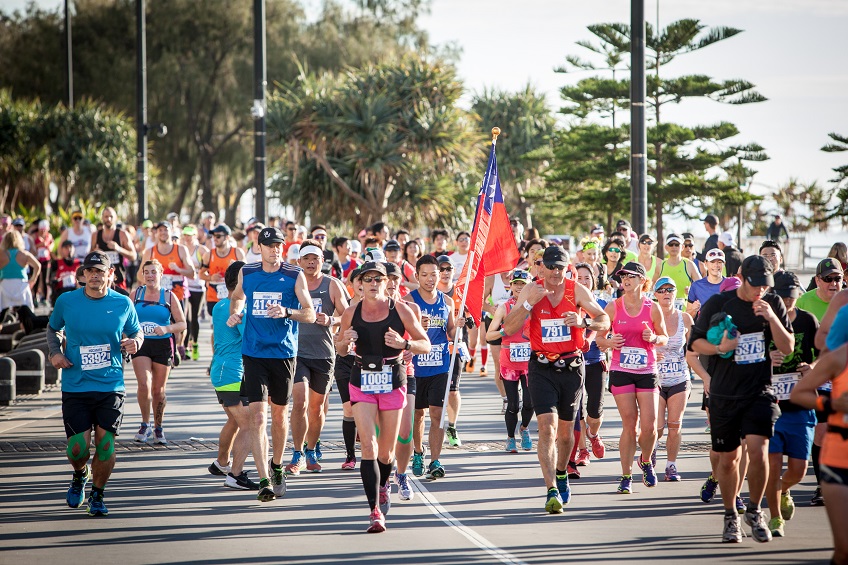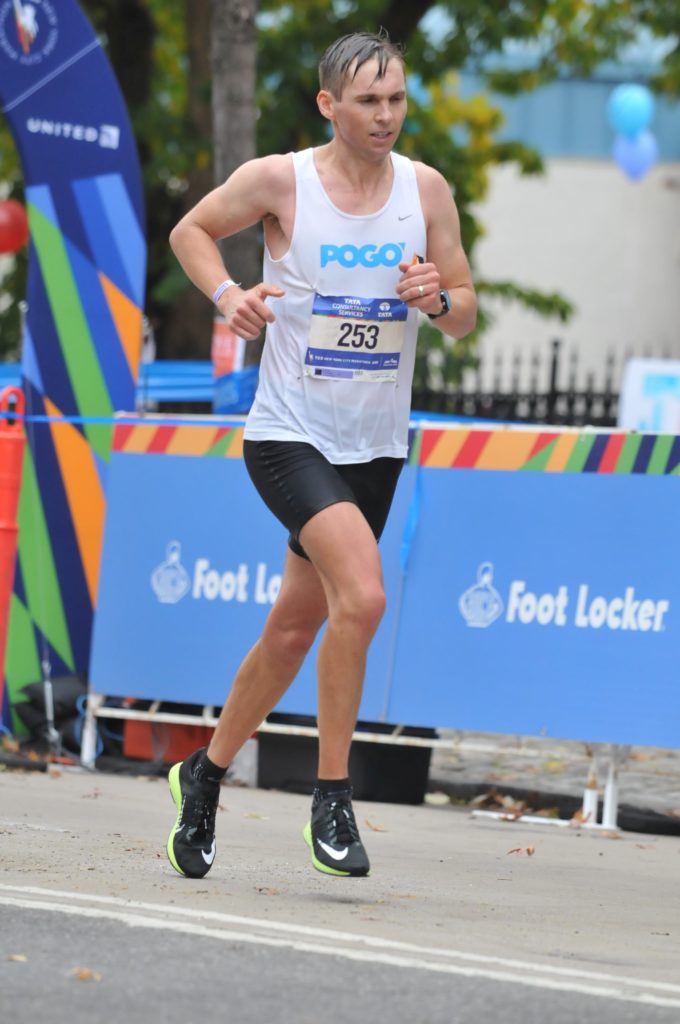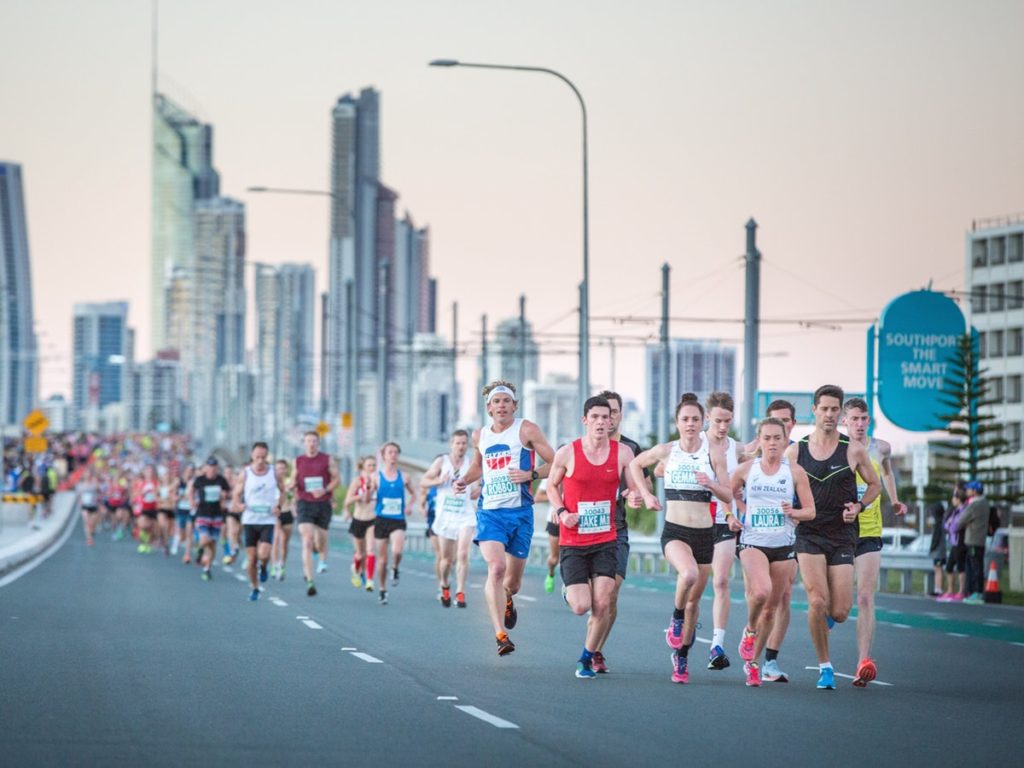Based in the Gold Coast, Australian Brad Beer is an avid marathoner and a physiotherapist with his own group, PoGo Physio. Brad is passionate about seeing runners unlock their running potential and through his career, has treated the injuries of more than 16,000 runners.
Brad has seen a multitude of running injuries ranging from runners’ knee, shin splints, plantar fasciitis and calf injuries. He feels that most runners get injured because of the following common reasons:

Taking No Rest Days
Runners are addicted to running due to the endorphins that are created by taking part in the sport – and they often feel the compulsion to keep on running, according to Brad, but runners need to realise that rest is equally as important as training, in order to keep injuries at bay.
Too much, too soon
This applies to both experienced runners who are coming back after an injury as well as beginner runners who may be overzealous in their training for say, their first marathon. By piling on the mileage too soon, this can lead to an increased risk of injuries.

Brad Beer
Too many hard sessions
Runners, according to Brad, need to know how to vary the pace and intensity of their runs. Sometimes a runner may have had every intention to do an easy run, but the adrenaline gets to them, or maybe they are running with a faster buddy, and the easy run turns into a hard session.
Of course, the temptation to race against your training partners is always there because humans are, by nature, quite competitive. But Brad stresses that if you keep on winding up doing hard sessions and don’t slow down, this will increase your chances of sustaining an injury.
Training on rest days
Just because for example, you have had a good race, does not mean that you can put on your running shoes the following day again and ride the endorphins, doing another moderate to hard run, stresses Brad. He himself admits that he has fallen victim to this sometimes. But doing so will only increase your likelihood of injuries.
Running hard on recovery run days, likewise, will also increase your chances of becoming injured and out of action.
So this means that runners need the discipline to actually rest or keep the pace slow, on their rest days, so that they do not over-stress their bodies.
Run Hills too soon
Hills are good for you, but don’t forget that running hills increases the load to the body’s tissues, and as such, this will require greater recovery time after such a session.

So this is also why a structured training programme allows a gradual build up to hill runs, and do not introduce hill runs immediately at the beginning of the programme. It also allows adequate rest and recovery after each hill session, depending on the runner’s level of fitness.
But by introducing hills too quickly, or doing too much hills too soon, can also increase your chances of injury because the body is not ready for the intensity and the impact of the training and cannot recover in time.
These tips have been brought to you by the Gold Coast Marathon.

Leave a Comment